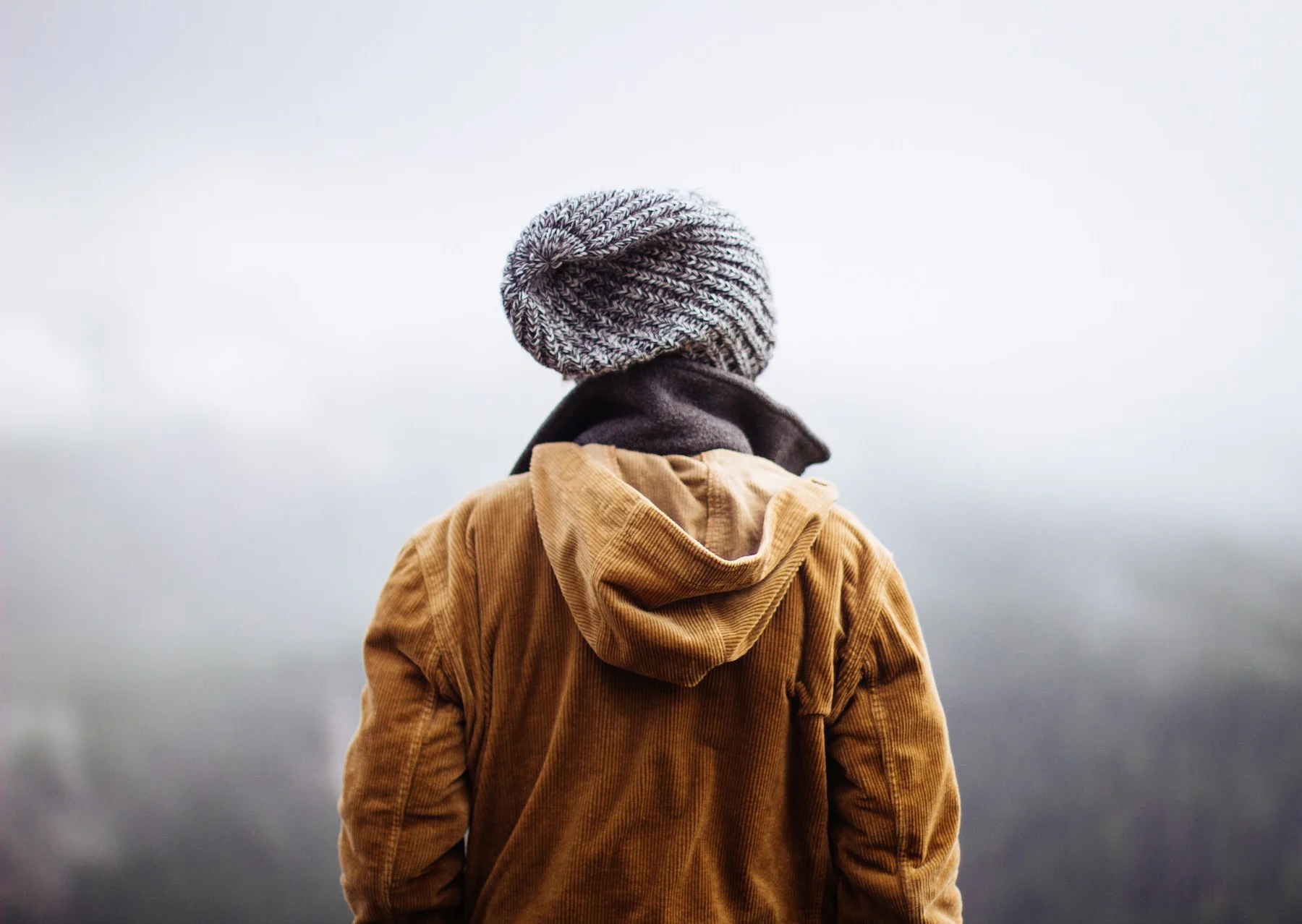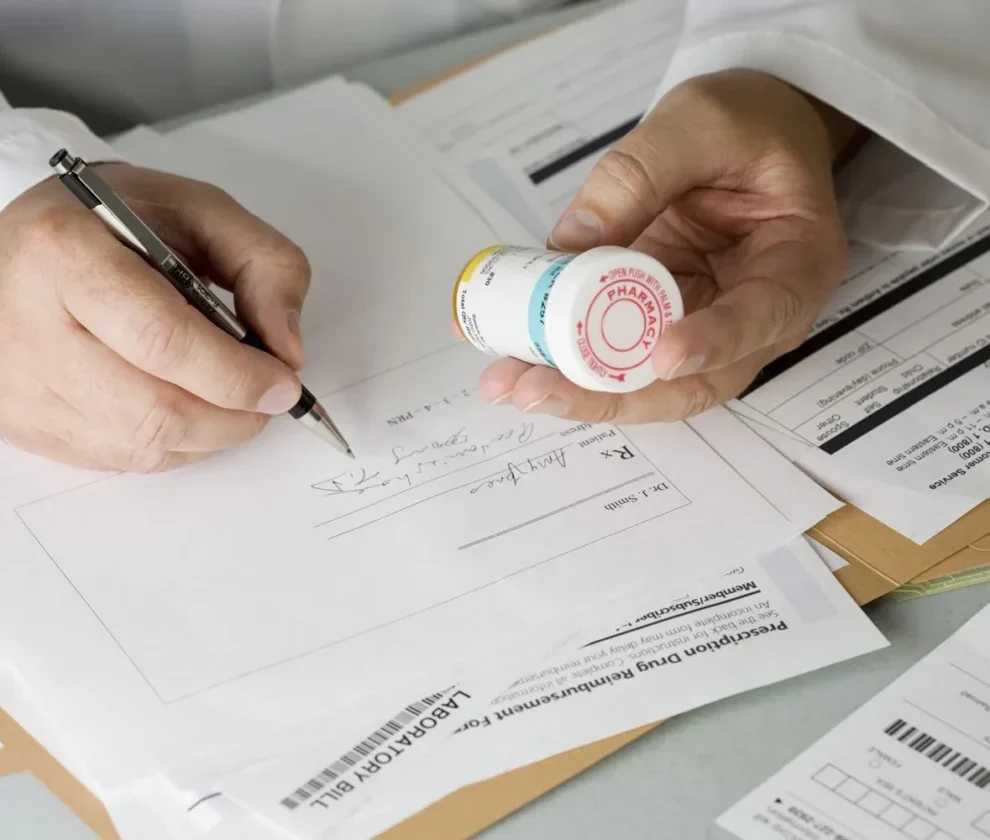While extroverts thrive on social interactions and external stimulation, it’s natural to wonder how they fare when faced with solitude. The answer may surprise you. In this captivating exploration, we uncover the intricacies of extroversion and delve into the question, “Do extroverts get depressed when alone?”
Through expert insights and personal stories, you’ll gain a deeper understanding of the unique challenges extroverts may encounter in solitary moments. Moreover, you’ll discover effective strategies to navigate these periods and maintain emotional well-being. Whether you’re an extrovert seeking solace or someone trying to support an extroverted loved one, this guide will provide valuable knowledge and tools to help you thrive in both the company of others and in moments of solitude.
Understanding Extroversion and Depression
Extroversion and depression are two distinct psychological constructs. Extroversion is a personality trait that describes a person’s tendency to seek social interaction and derive energy from it. On the other hand, depression is a mental health condition that affects a person’s mood, thoughts, and behavior. People with depression often feel sad, hopeless, and disinterested in activities they previously enjoyed. While these constructs are different, they can interact with each other and affect a person’s mental health.
Are Extroverts More Prone to Depression?
It’s a common misconception that extroverts are immune to depression because they are outgoing and social. However, research suggests that extroverts are just as likely to experience depression as introverts. In fact, some studies suggest that extroverts may be more prone to depression than introverts because they tend to experience more significant fluctuations in their moods. For example, when an extrovert is in a social setting, they may feel on top of the world and full of energy. However, when they are alone, they may feel lonely, bored, and sad. This rollercoaster of emotions can make them more vulnerable to depression.
Is It Hard for Extroverts to Be Alone?
For extroverts, being alone can be a challenging experience. They derive their energy from socializing with others, and when they are alone, they may feel depleted and bored. However, this does not mean that all extroverts find it hard to be alone. Some extroverts may enjoy spending time alone, especially when they need to recharge their batteries. Additionally, some extroverts may have developed coping mechanisms that allow them to be alone without feeling lonely or bored.
Another possible reason why extroverts may feel depressed when alone is because they may feel that they are not living up to their social expectations. Extroverts often thrive on social interactions and may feel that they are not fulfilling their social obligations when they are alone. They may also feel that they are missing out on social opportunities, which can lead to feelings of isolation and loneliness.
It is important to note that not all extroverts will experience depression when they are alone. It is possible for extroverts to enjoy their alone time and find it rejuvenating. However, for those who do experience depression, it is important to seek professional help. Depression is a serious mental health condition that can have long-term effects if left untreated.
Do Extroverts Feel Depressed?
Yes, extroverts can feel depressed. Depression is a mental health condition that affects people regardless of their personality type. However, extroverts may be more likely to experience depression when they are alone or when they feel disconnected from their social network. If an extrovert is going through a difficult time, they may feel depressed even when they are in a social setting. It’s essential to remember that depression is a mental health condition that requires professional help. If you or someone you know is experiencing symptoms of depression, it’s crucial to seek help from a mental health professional.
Signs and Symptoms of Depression in Extroverts
The signs and symptoms of depression in extroverts are similar to those in introverts. However, extroverts may experience additional symptoms related to their need for social interaction. Some common signs and symptoms of depression in extroverts include feeling tired or drained after socializing, difficulty sleeping or staying asleep, a decrease in social activities, and an increase in substance use. If you notice these symptoms in yourself or someone you know, it’s crucial to seek help from a mental health professional.
How to Heal Depression For Extroverts
Healing from depression requires a holistic approach that addresses the underlying causes of the condition. For extroverts, this may involve finding new ways to connect with others. Finding activities that bring joy and provide social connection can be a great way to reduce the risk of depression. Additionally, making time for self-care is essential for extroverts. Taking part in calming activities such as yoga or meditation may help stabilize moods and prevent depressive episodes. Finally, reaching out for professional help is important if you or someone you know is experiencing depression. A mental health professional can provide further advice and support to help manage depressive symptoms.
Final Thoughts
While extroverts may be more prone to depression when alone, this is not always the case. It is important to understand that everyone experiences depression differently, regardless of their personality type. If you or someone you know is struggling with depression, it is important to seek professional help and support. There are many effective treatments available, and with the right care, it is possible to overcome depression and live a fulfilling life.
If you or someone you know experience some of the symptoms mentioned above, call Cedarway Therapy. We provide the best mental health care for people of all ages and stages. We specialize in treating depression, anxiety, insomnia, PTSD, and other disorders. Our compassionate team will provide the support you need to get through this challenging time. Call today for a free consultation!
FAQs: Do Extroverts Get Depressed When Alone
How can extroverts take care of their mental health when alone?
To take care of their mental health when alone, extroverts can try engaging in activities they enjoy, such as reading, listening to music, or practicing a hobby. They can also connect with friends and family virtually or over the phone. Additionally, practicing mindfulness and relaxation techniques can help extroverts cope with feelings of loneliness and anxiety. Finally, it is important to reach out for help if feeling overwhelmed or exhausted. Professional help can be an invaluable source of support and guidance.
Can extroverts experience feelings of depression and loneliness when they’re alone?
While extroverts thrive on social interactions and external stimuli, it’s important to recognize that they, too, can experience moments of sadness and loneliness when left to their own devices. While extroverts may draw energy from socializing, they also need time for self-reflection and self-care. Finding a healthy balance between social engagement and personal time is crucial for extroverts to maintain emotional well-being and prevent feelings of depression when alone.
How can extroverts cope with feelings of depression when they’re alone?
Extroverts can employ various strategies to manage feelings of depression and loneliness when alone. Engaging in activities that they enjoy, such as hobbies or creative pursuits, can help channel their energy and bring a sense of fulfillment. Additionally, reaching out to loved ones through virtual platforms or engaging in solo adventures, such as exploring new places or engaging in outdoor activities, can help extroverts find connection and joy even when alone. It’s important for extroverts to prioritize self-care and practice self-compassion, acknowledging that it’s natural to have both extroverted and introverted moments.





